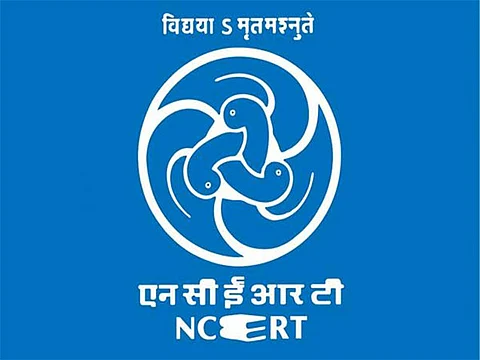

A backlash has followed the release of the Class 8 Social Science textbook titled Exploring Society, India and Beyond. The textbook, introduced under the revised National Education Policy (NEP) 2020, has sparked controversy for its portrayal of eminent Mughal emperors such as Babur, Akbar, and Aurangzeb.
Many raised their eyebrows at this portrayal, which describes Babur as “brutal and ruthless conqueror”, Akbar’s rule marked by “brutality and tolerance”, and describes Aurangzeb as the destroyer of temples and gurudwaras. According to critics, this is likely to give young learners a skewed impression of the Mughal era.
Responding to this backlash, NCERT stated that the textbook is grounded on well-recognised primary and secondary academic sources and is intended to offer a broad and multidisciplinary understanding of India’s past to the students – particularly of the period traversing the 13th to mid-19th century.
According to a report by News18, the council said in a statement, “The objective is not to overwhelm children with excessive facts, but to help them develop a critical understanding of how events in history have shaped the India we live in today”. The said textbook includes geography, economics, history, and governance, and adheres to the framework set by the National Curriculum Framework for School Education (NCF-SE) 2023.
In order to address the rising concerns about bias or misinterpretation, NCERT has added a note on page 20 of the textbook titled, A Note on Some Darker Periods in History. This acknowledges that history often involves chapters of conflict and violence, and advises learners not to hold present-day communities or individuals responsible for the actions of the figures from history.
NCERT further added not to judge the book based on selected excerpts but to read it in its entirety. It reaffirmed its commitment to foster a balanced and holistic learning and not to create divisions and prejudices.
